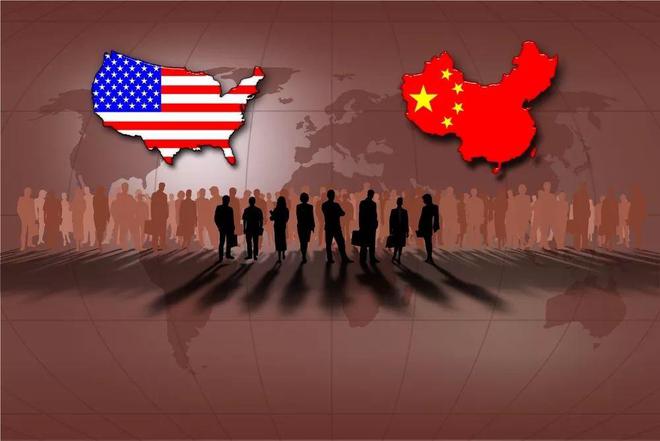
The annual Consumer Electronics Show (CES) is set to open soon in Las Vegas, USA. As a key bellwether for the global technology industry, CES not only showcases the latest consumer electronics and technological innovations, but also serves as an important platform for global tech companies to strategize and expand their markets. This year, approximately 4,000 exhibitors from around the world have registered, with over 30% of them coming from China. However, what is particularly shocking is that although many Chinese tech companies have received invitations to exhibit, numerous employees have been denied visas by the U.S. government and are unable to attend the event in person.
This incident is not an isolated one but a result of the escalating tech friction between China and the U.S. In recent years, the competition between the two countries in the tech field has become increasingly intense, particularly in core technologies such as artificial intelligence, semiconductors, and 5G communications. Citing "national security" and "technological competition" concerns, the U.S. government has imposed a series of sanctions and restrictions on Chinese tech companies. Prominent Chinese companies like Huawei and ZTE have already faced stringent regulatory actions and pressure from the U.S. government. Against this backdrop, the U.S. has become increasingly strict in approving visas for employees of Chinese tech companies, especially those working in high-tech fields.
It is important to recognize that behind the visa denials lies a broader U.S. strategy to limit the global activities of Chinese tech companies in order to curb China's rise in the global tech arena. This is not merely an issue of visa approvals; it is a reflection of the larger Sino-U.S. technological rivalry and geopolitical contest. The U.S. aims to push for "decoupling" in the tech field, hoping to maintain its global technological leadership by restricting the international cooperation and exchanges of Chinese tech firms.
CES, as one of the world's most significant tech trade shows, attracts attention from exhibitors and media worldwide. For Chinese tech companies, CES is not only an opportunity to enhance their brand visibility and technological reputation, but also an ideal platform to showcase the innovative achievements of "Made in China" and promote international cooperation. However, if Chinese representatives are unable to attend as planned, it could seriously impact their ability to present their products effectively, diminish cooperation opportunities, and even harm their international market expansion and brand image. Especially in the current environment of fierce global tech competition, missing out on face-to-face exchanges with cutting-edge technologies and companies could place Chinese firms at a disadvantage in terms of technological communication, standards-setting, and market development. This would undeniably weaken China's competitive edge in international markets and could affect its position in the global supply chain.
Technology, as a driving force for global progress, should transcend national boundaries and serve as a common language. However, the U.S. government's use of technology as a political tool to intervene and impose restrictions represents a significant threat to global tech cooperation. Technological decoupling not only leads to resource wastage but could also result in stagnation in technological advancements. More critically, this situation will undermine global technological collaboration, making future economic and technological development uncertain, and may even cause setbacks.
As the world's second-largest economy, China has made significant breakthroughs and achieved leadership in various fields through independent innovation and technological advancement. The U.S. restrictions in the tech sector will not curb China's innovation; rather, they will accelerate China's efforts in boosting self-reliance in technology and strengthening its capabilities in technological autonomy. Chinese tech companies should stay committed to the path of innovation-driven development, enhance their technical capabilities, and promote technological progress through global cooperation.
The U.S. refusal to grant visas to employees of Chinese tech companies highlights the deeper political factors driving Sino-U.S. technological competition and exposes the increasing politicization of international tech exchanges. Against this backdrop, the future of global technology should be based on open cooperation and mutual benefits, not zero-sum games. Whether facing challenges or opportunities, only through cross-border collaboration and exchange can we collectively embrace the new future of global technological innovation.

According to Bloomberg, a recent in-depth interview with Michael Dehal, senior portfolio manager at Raymond James' Dehal Investment Partnership, was released, focusing on the economic development prospects and potential risks of Canada and the United States in 2026.
According to Bloomberg, a recent in-depth interview with Mi…
TikTok Shop, the global e-commerce platform under ByteDance…
As a severe flu outbreak sweeps across the United States, w…
Recently, US Treasury Secretary Mnuchin publicly stated tha…
At the dawn of 2026, the United States launched a military …
From the stiff step when it first debuted in 2022 to demons…